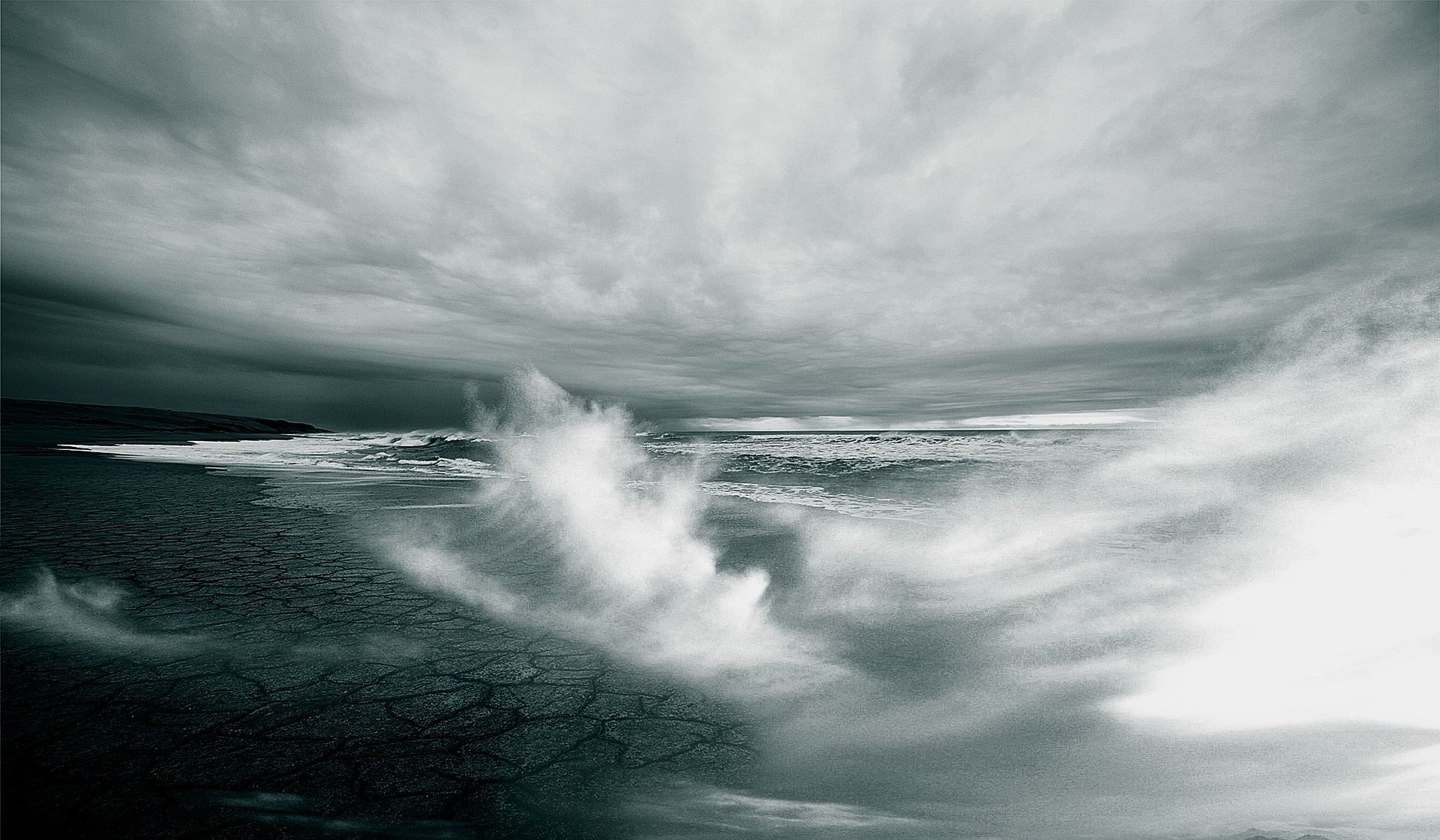
All this came upon us,
though we had not forgotten you!
We had not been false to your covenant.
Our hearts had not turned back;
our feet had not strayed from your path.
But you crushed us and made us a haunt for jackals;
you covered us over with deep darkness.
Psalm 44
Sometimes God feels very far away, and you can’t pinpoint why.
You’ve been having quiet times. You’ve been praying. You read your Bible. You go to church.
Then – somehow, day by day, there is a slipping away of the felt Presence. Things that had meaning have less meaning. There is an ache. You are hungry, but nothing satisfies. You feel a little death in your soul, and can’t quite name where it’s from.
Growing up, I was taught that when you feel distant from God, it was because of secret sin. “We feel far away from Jesus when we’ve done something wrong” is the classic evangelical talking point (the “friends of Job,” as Rachel Held Evans puts it). Maybe you aren’t reading your Bible enough? Or attending church?
If God feels far away, there is something you did to create that feeling, and there is something you can do to get it back. Punch “quiet time” into the God slot machine, and get back “the felt presence of God.”
“The presence of God is because we’re good, and the absence of God is because we were bad” can be an oddly comforting religious idea to cling to, because it sorts through suffering and makes sense of it. It keeps God predictable and just. “If God has left, it is because I left first,” we tell ourselves, and we carry the weight of sin along with the weight of the absence of God.
But the Psalms of Lament will have none of that nonsense.
The Psalms of Lament are relentless, not just in their commentary on how terrible the darkness is, but in their insistence that I didn’t do a damn thing wrong but here I am abandoned anyway.
The Psalms of Lament are brazen. Those authors make claims on their innocence that would make a good sin-obsessed modern Christian blush. I’ve even heard sermons where pastors try to explain the psalmists’ statements of innocence by arguing that the author really had done something wrong, just wasn’t aware of it. We really don’t like the idea that when night falls, it’s can be out of our control.
But the Psalms of Lament say that the presence of God is not a reward or punishment for human goodness or failure.
Darkness comes. Not just the loss of spiritual intimacy with God, but all kinds of tragedies, and we’re damned if we have any idea why. Why the hell is this happening? What the hell did we do wrong? Why is it so damn dark right now?
I have no idea.
Neither does the psalmist.
There is darkness in the world that we can’t understand or fix. We can only survive it.
Lament isn’t a fixing word. Lament is a survival word. These psalms are for people caught in a storm that they didn’t cause and can’t make go away. Lament isn’t a solution, it’s a shelter.
I’ve walked through the ebb and flow of the felt presence of God for years and years, and I’ve always thought in the back of my mind – well, the ebb is something I can control, the flow is something I can control. I used to spend so much energy trying to fix the absence, during period of my life when energy was a finite resource. These achey, ancient songs taught me that sometimes “fixing it” is impossible. The anxiety is. The sorrow is. The abandonment is.
Surviving inside the darkness is sometimes all that we can do.
But thank God, oh my goodness, thank God that these Psalms are in Scripture, because the weight of responsibility is sometimes the last straw in the dark days of the absence of God. The Psalms of Lament let us put down the heavy burden of shame. They teach us trust that as the sun set, it’ll rise again. They give us permission to just survive for some seasons. And they teach us how to create safe communities, free from the shaming, fix-it mentality of Job’s friends – communities where we are allowed to lament in the darkness, and wait for the sunrise together.


